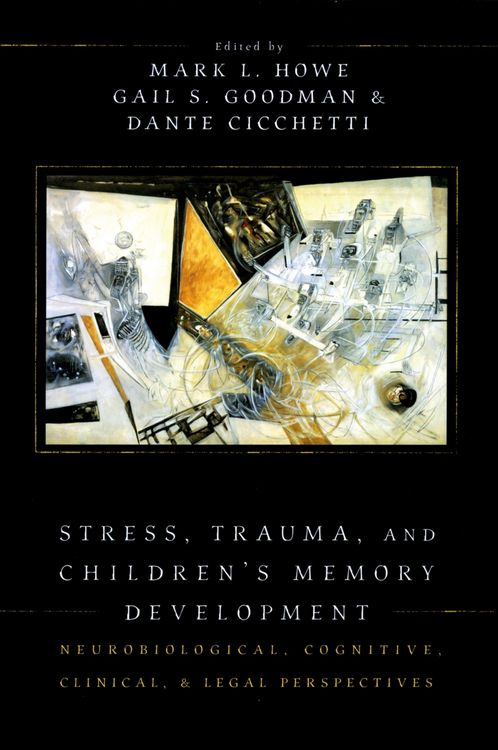
Stress, Trauma, and Children's Memory Development Neurobiological, Cognitive, Clinical, and Legal Perspectives
-
- Einzelkauf Download ausgewählt
-
Sprache:Englisch
-
eBook Format:ePUB
- PDF 39,49 €
- ePUB 39,49 € ausgewählt
39,49 €
inkl. MwStBeschreibung
Details
Format
ePUB
Kopierschutz
Ja
Family Sharing
Nein
Text-to-Speech
Ja
Erscheinungsdatum
10.04.2008
Herausgeber
Mark L. Howe + weitereVerlag
OUP eBookSeitenzahl
(Printausgabe)
Dateigröße
3461 KB
Sprache
Englisch
EAN
9780190294779
Unsere Kundinnen und Kunden meinen
Verfassen Sie die erste Bewertung zu diesem Artikel
Helfen Sie anderen Kund*innen durch Ihre Meinung
Kurze Frage zu unserer Seite
Vielen Dank für dein Feedback
Wir nutzen dein Feedback, um unsere Produktseiten zu verbessern. Bitte habe Verständnis, dass wir dir keine Rückmeldung geben können. Falls du Kontakt mit uns aufnehmen möchtest, kannst du dich aber gerne an unseren Kund*innenservice wenden.
zum Kundenservice